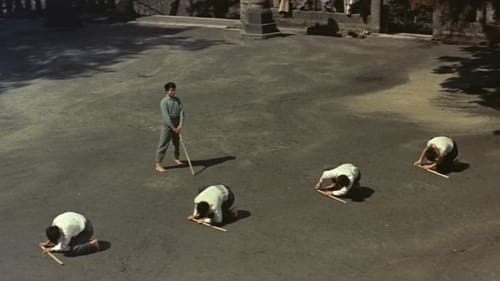
Akira's mother
Five longtime friends get back together, but are disappointed to find that their bonds are not as strong as they once were.

Film directed by Tadashi Ashihara

Tomi
Christ in Bronze is a 1955 black-and-white Japanese film directed by Minoru Shibuya. It was entered into the 1956 Cannes Film Festival.
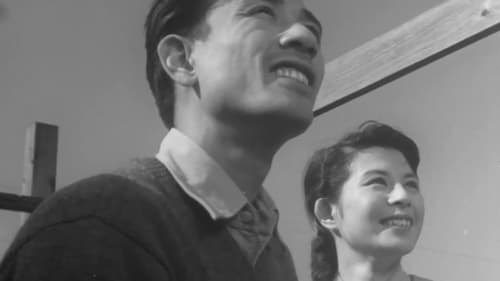
This drama of middle-class life in postwar Japan tells the story lower-middle-class workers in the city of Kawasaki, and their troubles and travails.
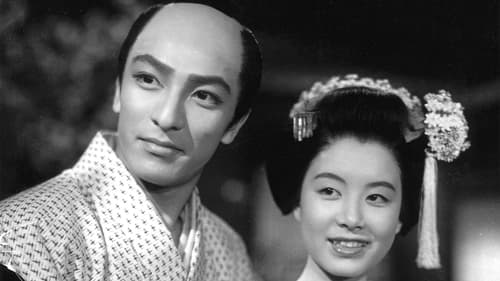
During the ultra-violent era of the downfall of the Tokugawa Shogunate one man rose above the rest with his ideas of how to overthrow the corrupt government and end the bloodshed between the Choshu and Satsuma clans which would ultimately lead to the alliance of these 2 clans and restoration of the emperor to full power. Based on the play that made Sawada Shojiro famous, this is the story of Tsukigata Hanpeita, a forward looking samurai from Choshu, who along with Katsura Kogoro and Sakamoto Ryoma of Tosa worked to bring their dream of a new era in Japan.
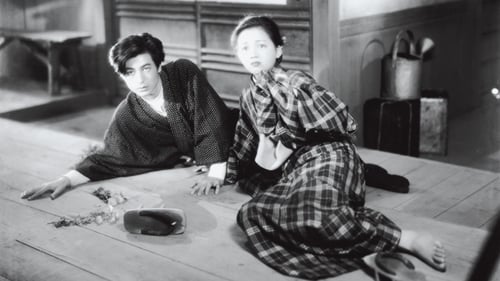
Segawa, maestro en una pequeña aldea, decide romper con su cobardía tras descubrirse su origen paria.

Inoue was something of a rarity in the sense, that he was a Shochiku house director who seems to have worked mostly in period films, often with big stars like Hasegawa or Bando. "Sumidagawa", named after the river that runs through Tokyo, is also a period film, but thematically a modern one. All the themes that you associate with the normal Shochiku women's films set in the present day are in this film, just in a different context: love, the planning of a marriage, career, family relations and societal melancholy. There is no action or swordplay.
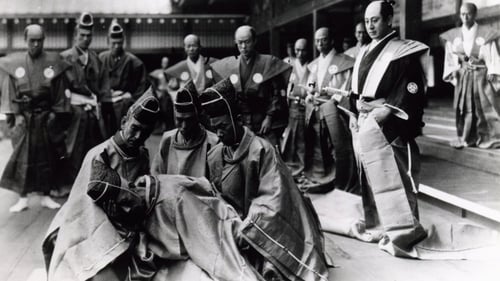
Ume
El 14 de Marzo de 1701, en la real capital de Edo, el señor feudal Asano ataca al señor Kiru mientras se encuentra en tierra sagrada. A causa de esta grave ofensa, Asano es obligado a hacerse el harakiri. Sin embargo, 47 de sus samuráis juran vengar a su amo. Estrenada en dos partes en Japón, la primera de 112 minutos el 1 de diciembre de 1941 y la segunda de 111 minutos el 11 de febrero de 1942. (FILMAFFINITY)






